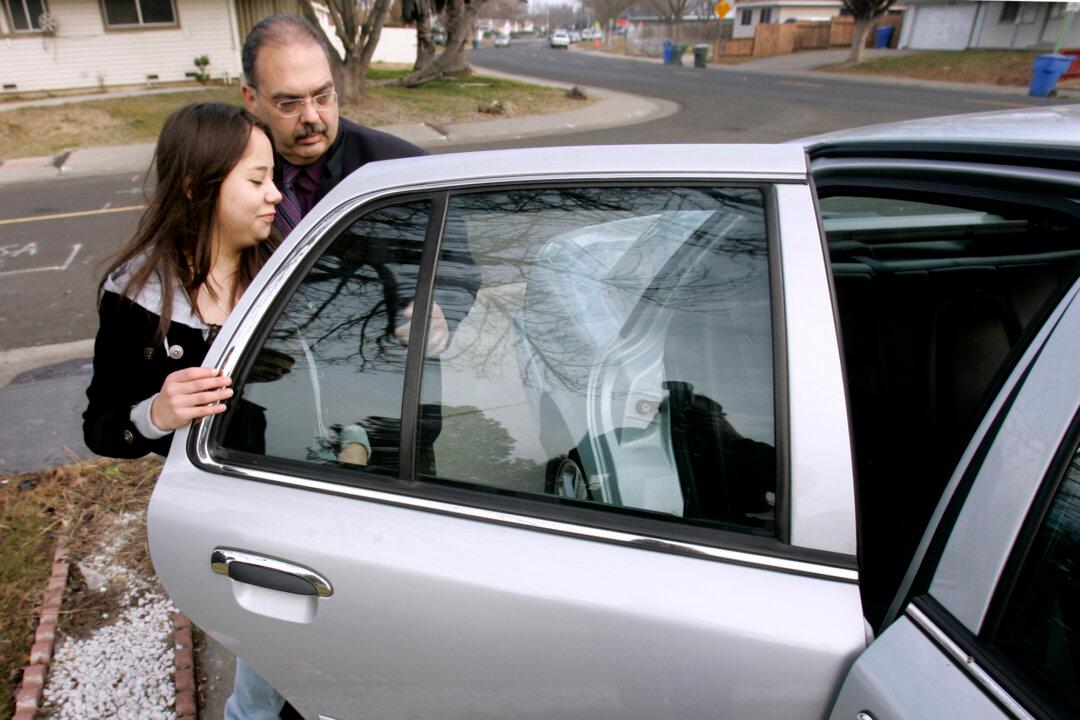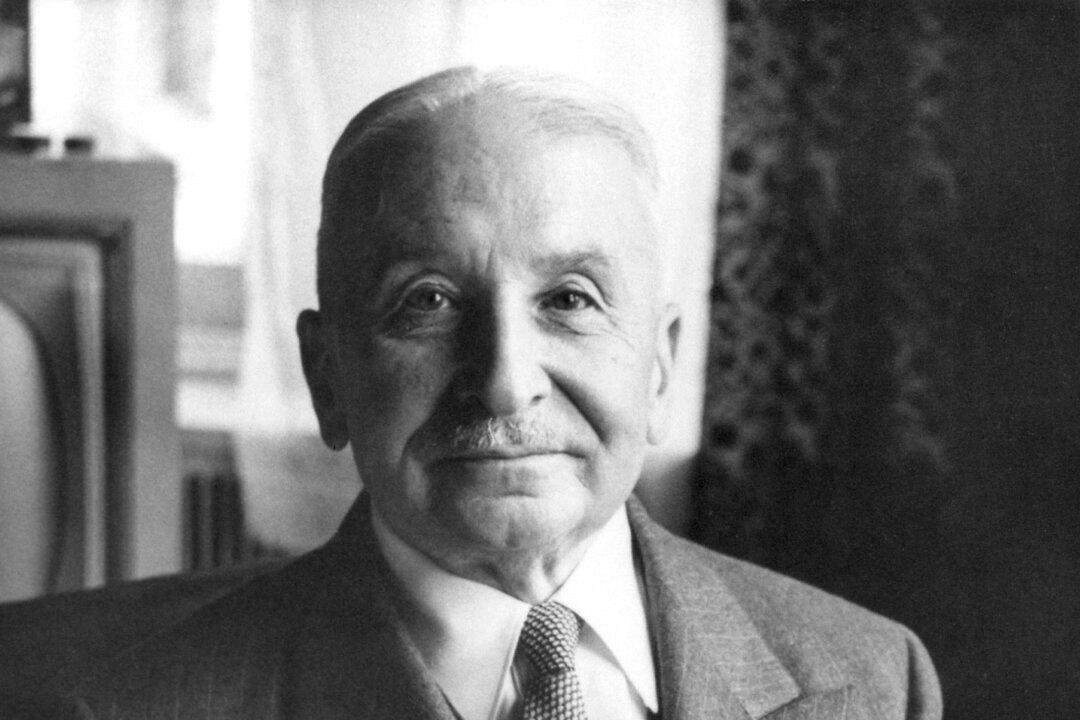The California Supreme Court could soon be ruling whether a law that bars prosecutors from treating teens under the age of 16 as adults violates a constitutional amendment approved by California voters.
The case that could soon be headed to the state’s highest court involved an Oxnard teenager accused of a double murder and was heard by a three-judge panel in Division 6 of the 2nd District Court of Appeal. In the case, the Ventura County District Attorney’s Office sought to oppose Senate Bill 1391, a law passed by the California legislature that bars adult court prosecution for anyone younger than 16.




